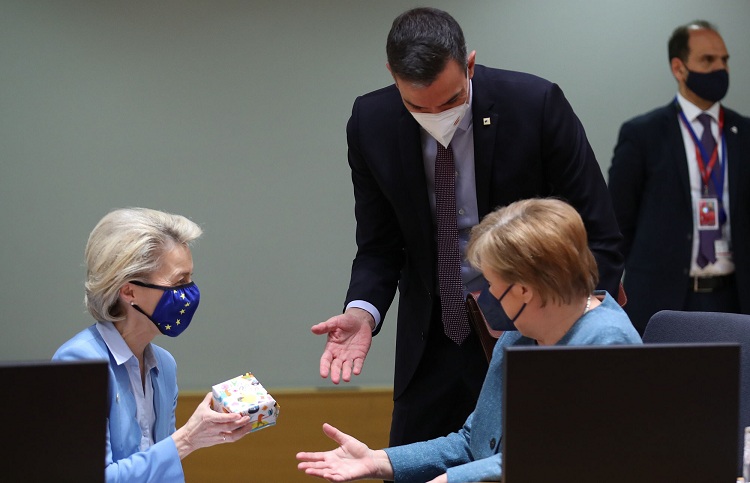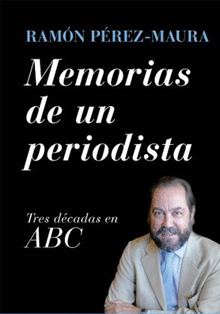The Diplomat
The European Council yesterday welcomed the recent agreement between the Commission, the European Parliament and the EU Council for the creation of the EU Digital COVID Certificate and called for its “swift implementation.” He also proposed that the Council Recommendation on intra-EU travel be revised by mid-June to facilitate free movement within the EU, and pledged to donate at least 100 million doses of vaccines by the end of the year for distribution in the rest of the world.
These are the main conclusions regarding COVID-19 of the extraordinary European Council, held in Brussels on May 24-25 to discuss the evolution of the vaccination strategy in Europe, the commitments on climate change and the Union’s external relations, and in which the President of the Government, Pedro Sánchez, took part.
According to the European leaders, the pace of vaccination “has accelerated throughout the EU and must be maintained” (the Union will reach this week the milestone of 50% of the population with a dose of the vaccine already administered), which, together with “the improvement of the general epidemiological situation”, will allow “proceeding to the gradual reopening of our societies”. However, the Council warns of the need to remain “alert to the emergence and spread of variants and to act if necessary” and highlights “the work being done to accelerate vaccine production and ensure an adequate supply”.
Looking ahead to the summer, according to European leaders, “efforts towards a coordinated approach must continue”. In this context, the European Council “welcomes the agreement reached on the EU Digital COVID Certificate and calls for its rapid implementation“. Furthermore, and “as a next step and with a view to facilitating free movement within the EU”, the Council “calls for a review by mid-June of the Council Recommendation on intra-EU travel” and welcomes “the review of the Council Recommendation on non-essential travel to the EU”.
European leaders believe that “only a comprehensive global response will contain the impact of the pandemic”. The EU is “the largest exporter of COVID-19 vaccines to the rest of the world” (more than 200 million doses produced in the territory of the Union) and will continue to “work to increase global vaccine production capacities to meet universal needs”, they warn.
The European Council also calls for “intensified work to ensure global and equitable access to COVID-19 vaccines and supports the leading role of the COVAX Mechanism in this regard”. “The EU and its Member States are determined to accelerate the pooling of vaccines to support countries in need, with the aim of donating at least 100 million doses by the end of the year” to vaccinate health workers and vulnerable groups worldwide, “and to contribute to the development of local manufacturing capacity, in line with the Rome Declaration of the World Health Summit”.
In this regard, Sánchez reiterated before his counterparts the three axes that he had already defended at the recent social summit in Oporto: favoring the transfer of knowledge, increasing the production of vaccines and accelerating their distribution. He also warned of the need to approve “as soon as possible” a European mechanism for sharing vaccines that channels the additional solidarity of the Member States in an “agile and coordinated” way.
Pedro Sánchez also spoke yesterday at the 74th World Health Assembly of the World Health Organization (WHO), where he detailed, before the heads of State and Government of the 194 Member States, the Vaccines for All initiative, a multilateral project of the Spanish Government to “guarantee universal access to vaccines”. He also defended the adoption of an International Pandemic Treaty to facilitate financing and access to vaccines and medicines and the preparation of countries for possible future pandemics.







